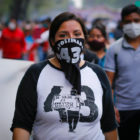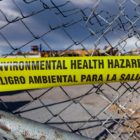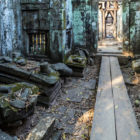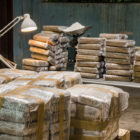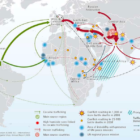Organized Crime Guide
Political Kidnapping and Forced Disappearances
|
Disappearing people benefits the perpetrators in several ways: it considerably complicates any investigation, the person — dead or alive — remains hidden most of the time, and it can be mixed or confused with other crimes, such as kidnapping, child abduction, human trafficking, forced recruitment, murder, or desecration of a human corpse.
